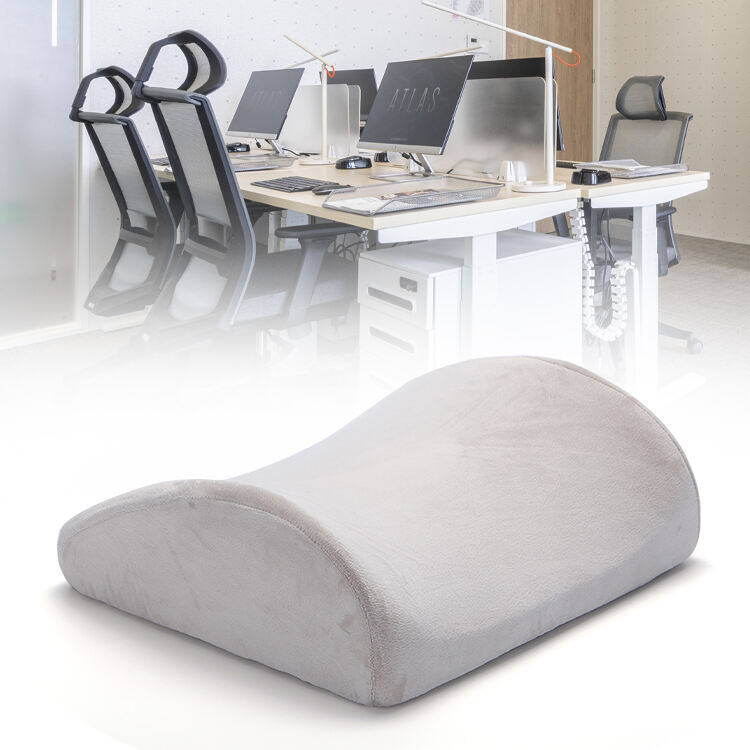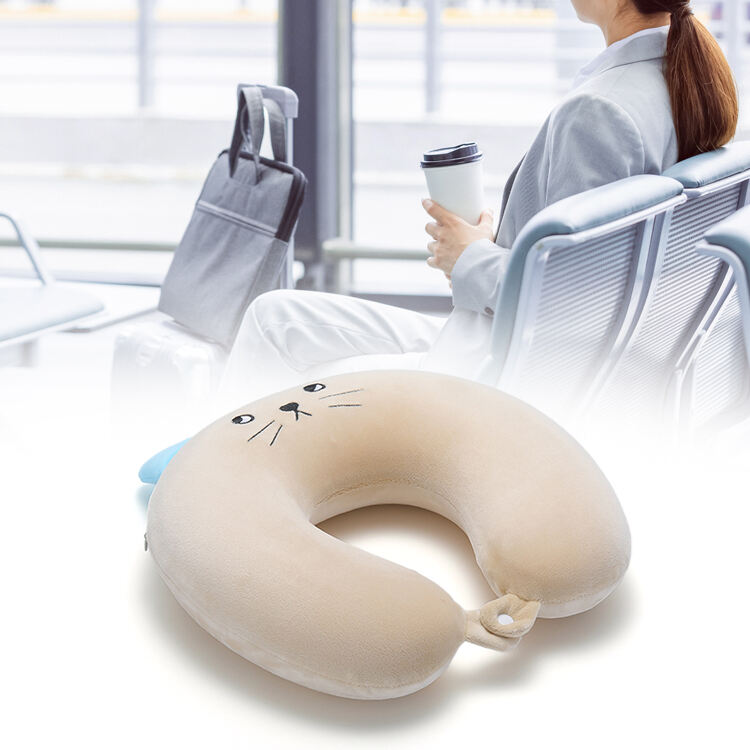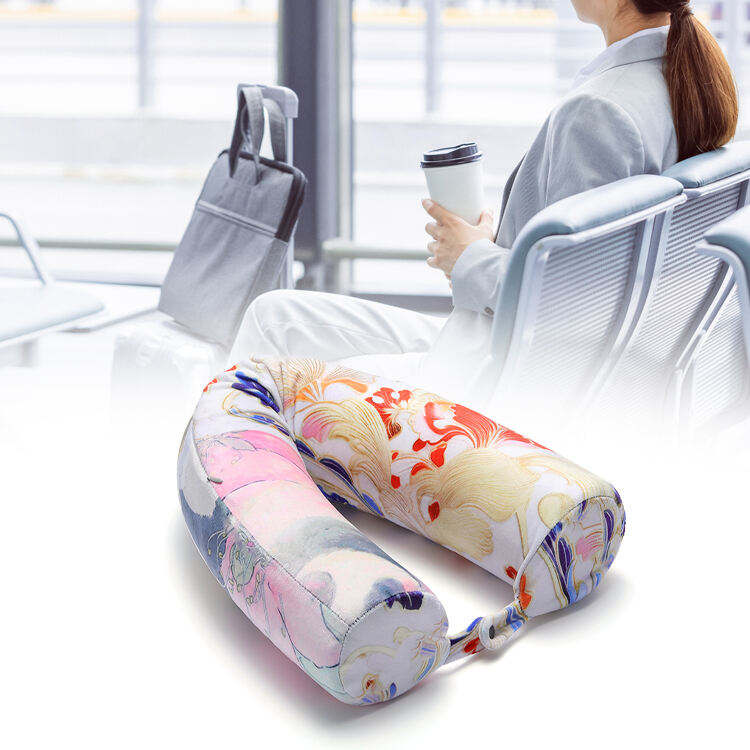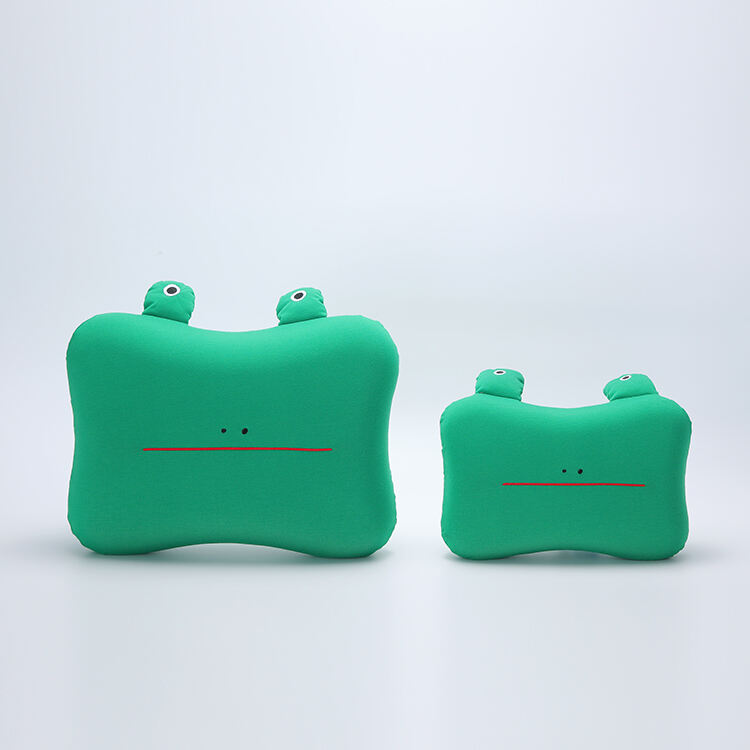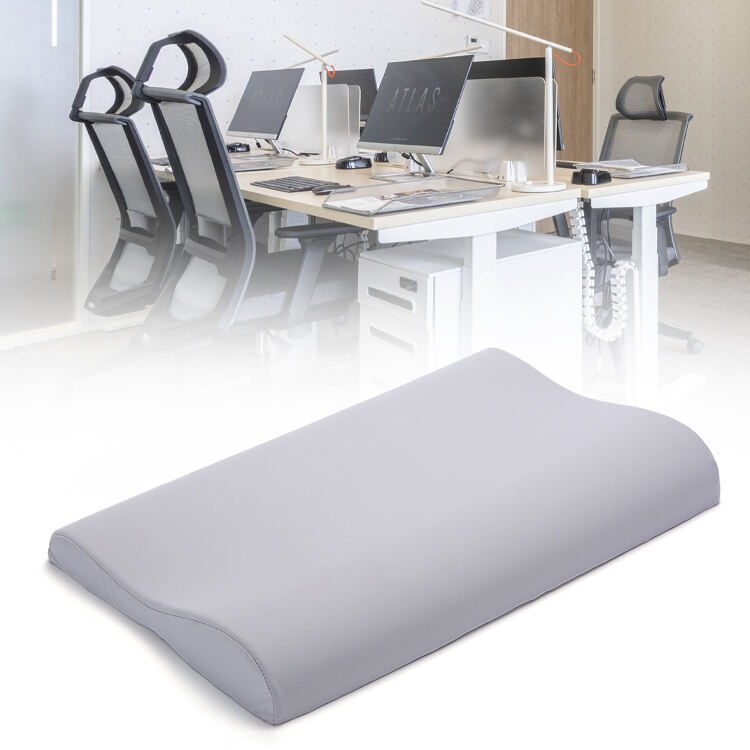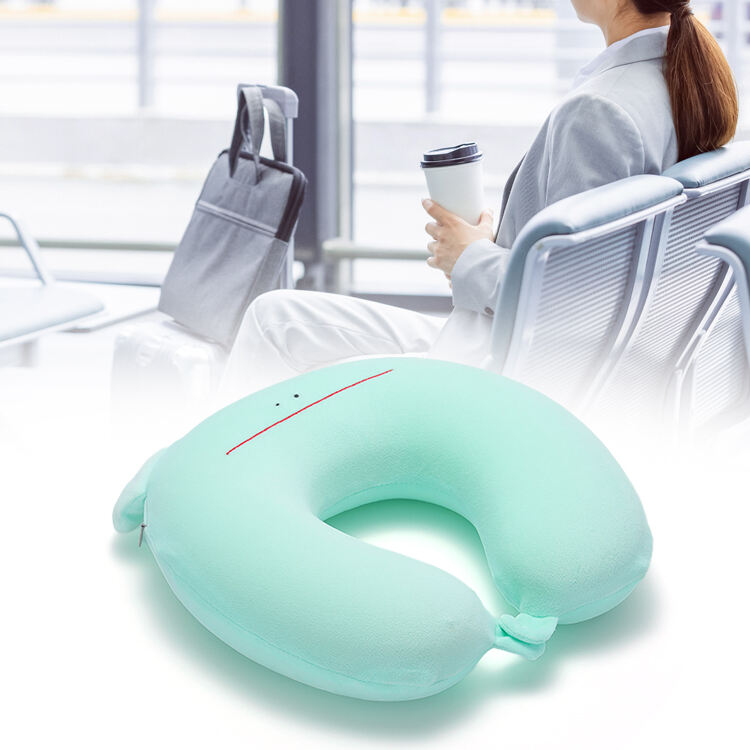Why Customization Matters for Quality Sleep
72% of chronic pain sufferers report improved rest patterns when using sleep accessories tailored to their physical needs. Custom sleep pillows address three critical pain points: proper spinal alignment for side/stomach/back sleepers, adaptive support for injury recovery patients, and pressure relief for arthritis sufferers. Modern manufacturers now combine sleep posture analytics with material science, offering:
- Multi-layer foam combinations balancing softness and firmness
- Breathable bamboo-infused covers reducing night sweats by 40%
- Ergonomic contours matching shoulder-to-neck ratios
- Machine-washable inner cores maintaining hygiene
Factory-Direct Savings Without Quality Compromises
Eliminating retail markups enables 35-60% cost savings on medical-grade materials. Reputable manufacturers achieve this through:
1. Vertical production systems controlling memory foam density (50D-120D)
2. Modular designs allowing component replacements vs full repurchases
3. Climate-controlled warehouses preserving latex integrity
4. Digital body-mapping tools optimizing size specifications
Material Selection for Specific Sleep Challenges
Comparison of advanced materials shows:
Temperature-Regulating Fibers
Phase-change fabrics maintain 31°C optimal sleep temperature, reducing wake-ups by 30% for hot sleepers.
Anti-Microbial Blends
Copper-infused fabrics demonstrate 99.2% bacteria reduction, crucial for allergy-prone users.
Responsive Foam Combinations
Visco-elastic layers with rebound gel cores improve cervical support by 55% for neck pain sufferers.
Strategic Personalization Through Sleep Analysis
Effective customization requires evaluating:
- Sleep position duration percentages (side vs back)
- Shoulder width to mattress firmness ratio
- Existing medical equipment compatibility (CPAP masks etc.)
- Partner movement isolation needs
Maintenance Strategies Extending Pillow Lifespan
Proper care preserves support integrity:
- Rotate 180° weekly to equalize foam compression
- Sun-dry quarterly to eliminate moisture buildup
- Use enzyme cleaners monthly for asthma triggers prevention
- Replace core inserts biannually for optimal hygiene
Bulk Order Considerations for Healthcare Facilities
Hospitals and rehab centers achieve 22% cost reduction through:
- Modular pillow systems with interchangeable components
- RFID tracking for sterilization cycle management
- Zone-specific firmness configurations (ICU vs maternity)
- Antimicrobial zipper standardization
